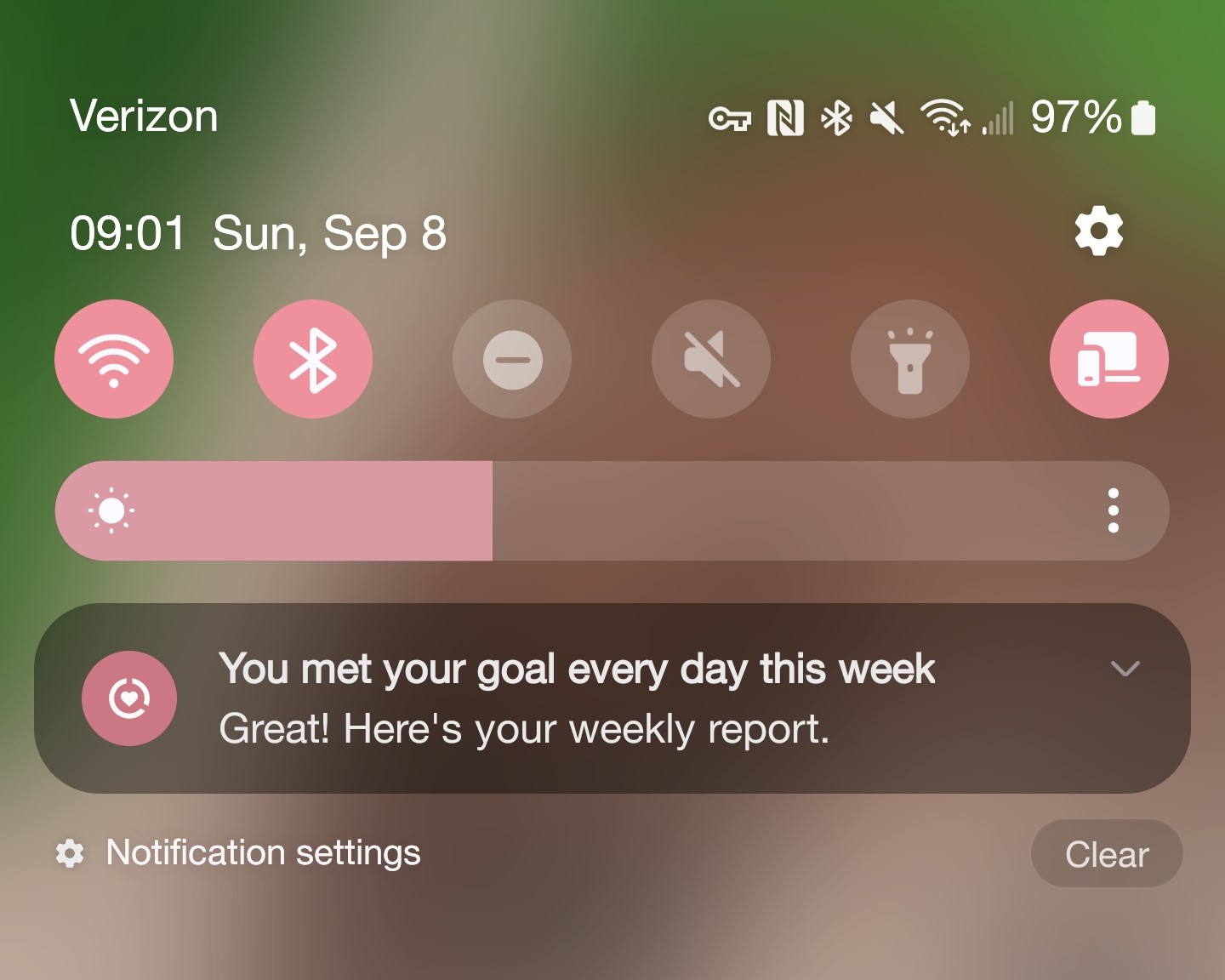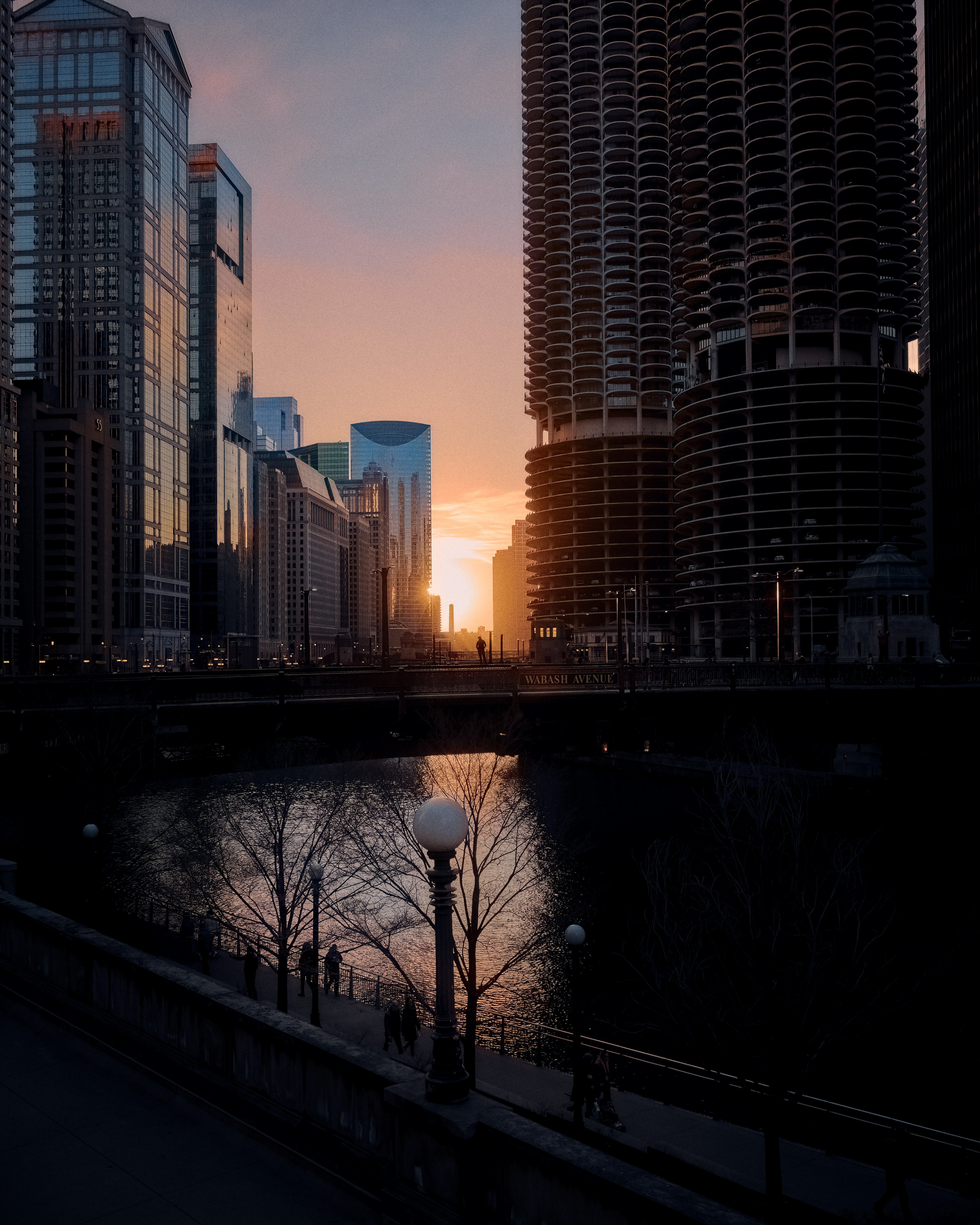Screen Time
I’ve never really cared about “screen time” as a metric unto itself. To do so seems to assume that the phone is an inherently troublesome piece of technology—more prone to abuse than a computer, for example. All “screen time” is bad, perhaps, but I’ve never seen someone timing their computer / TV usage. I guess it’s just always seemed like a hugely contextless metric: we all agree scrolling social media for hours a day is bad, but if someone were to use their phone to play chess and listen to Bach sonatas all day, is that bad too? If we feel this is "not bad" or even simply "less bad," perhaps it is how we spend this time as much as it is how much time we spend. (I might suggest that person “touch grass,” but with a phone, they could be doing these things from a public park for all I know.)
I go back and forth on my opinion of the smartphone. Part of me wonders what the point is, since this is a future we seem fully locked into. Generally I feel like social media and the easy access afforded by smartphones has been a net-negative, but I use my phone for a lot of great things, too: connecting with friends and family, sure; but also studying Japanese, making notes, managing my budget, etc. Could these things be done elsewhere? Yes, but with more friction, which like phones themselves is neither here nor there.
We all agree scrolling social media for hours a day is bad, but if someone were to use their phone to play chess and listen to Bach sonatas all day, is that bad too?
Still, a little over three weeks ago, I decided to try and dramatically reduce my smartphone usage. I can’t point to a clear motivation for this. I’d already set timers for social media apps I almost never hit, but I guess the thought of simply getting more time back in my day appealed to me. So I swapped all my multicolor icons for monochromatic ones (on brand), and put the “screen time” widget front and center on my homepage.
Immediately my phone usage plummeted. This seems almost entirely due to the widget, simply giving myself the awareness of how much time I was spending with my phone on, calling into question whether or not what I was going to do was “worth it.” Most of the time, I answered that question with “no.”

It’s also just changed the shape of my phone usage. I admit, I still tend to check through social media in the morning, seeing what notifications I missed (if any). Then it tails off, after I do my Japanese flashcards while making coffee, limited to mostly responding to messages from my girlfriend, and occasionally checking specific apps for some piece of information. Then if I want to use my phone a bit more at night, like to look at my notes for a video game I’m playing, or read live commentary on Twitter during a baseball game, I feel I’ve “banked” enough time to do so. It's made me realize that if I wanted to, I could get my screen time to well below an hour a day, though I don't see the need to go much further than I have already.
I got a lot of “screen time” back from simply locking my phone when I would’ve initially left it open, like while meditating, looking at my workout notes, or while streaming a baseball game. I’ve never been one to relentlessly fill waiting time with social media, and now with the added awareness that the widget gave me, that’s dropped to almost zero. I still do chess puzzles occasionally while waiting for something to cook, or while sitting after a meal, but this whole project has been about bringing more intention to my phone usage, which it’s done.
I think it’s also just helped me gain a bit more distance from my phone. If I’m at home, and want to Google for something, odds are I’ll just use my computer. I remember working on a film a number of years ago, where the home we were shooting in had a computer out in the garage, next to a workbench and pegboard walls lined with tools. I don’t know how they used it, but it seemed like an extremely healthy relationship to have with a computer. I imagined the homeowner going out in the afternoon, booting it up to check their emails, and then turning it off and locking the garage behind them.
I recently started playing around with the Sublime app (on desktop), a tool for collecting and connecting ideas across a network. In their newsletter, founder Sari recently posited we’re entering the “post-information age”: “The barrier is no longer knowledge. It's intention, self-regulation, and courage.” We have an insane amount of information available to us at all times, and when I think about that, I feel like the internet, and the devices that connect me to it, are a miracle. But I also think about those around me who seem consumed by consumerism, locked into their increasingly-small silos, unable or unwilling to see the bigger picture. (I remember the suited businessmen from my time working in an office building, who scrolled Instagram while they stood at the urinals to piss).
I want more intention with how I interact with the world, and the internet is no exception. The possibilities are endless, but this can also be a negative. It’s part of what I’ve liked about e-readers: they have a clarity of purpose that’s lacking from a smartphone. I don’t think there’s anything inherently bad about a smartphone as a device, nor anything inherently good about minimizing your “screen time.” I’m just wary of things that feel automatic. When I pick up my phone, I want to know why.

